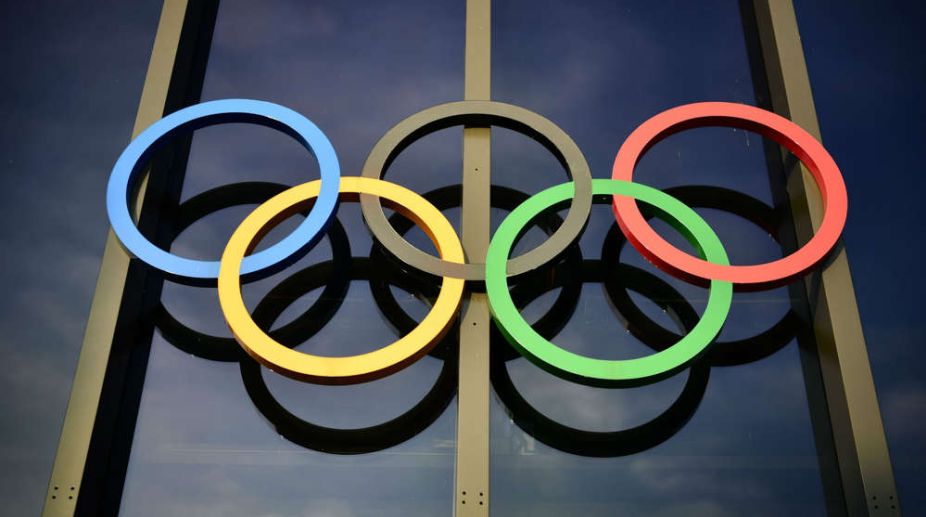He didn’t get the hashtag quite right on the first try, so they withheld the free stuffed bear he waited in line a half-hour to earn.
“Add play,” the agent said. “It should be #CokePlay.” On the final night of the Pyeongchang Olympic Games on Sunday evening, this “agent” was policing Daniel Zabek’s Instagram feed to make sure he branded his post to exactly match the corporation’s chosen slogan.
Advertisement
Zabek and hundreds of others stood in a line that snaked around the Olympic Park in the hours before the closing ceremony just for this: to take a photo in front of a corporation’s advertisements and post the pictures on social media with the company’s predetermined hashtag.
In exchange, he would get a stuffed bear, the soda company’s mascot with the brand name embroidered on a red scarf around its neck.
“Ok, done,” he said and handed his phone back to the guard. “Good?” The officer carefully inspected it, nodded and handed over the plush toy. Out into the digital world, Zabek had sent a promo for soda. In the real world, he walked away carrying another promo for soda.
He doesn’t drink soda.
This was the reward for corporations that spend hundreds of millions on Olympic partnerships in the modern, millennial world: For two weeks, spectators were converted into walking billboards for watches, phones, beverages, cars.
“This is all a big marketing scheme,” Zabek said. “But I’m so OK with that. Look at this place everyone’s happy.”
Jaunty music played in the background, and all around him people posed in front of #cokeplay billboards, then handed their phones over to prove they got the hashtags right to receive their prize: another advertisement.
Want a photo of yourself in a bobsled? The line was short for a turn to hop in one right across the pavilion. If you posted your picture, you’d star in an ad for Omega, the official timekeeper of the Olympics. The logo was stamped on the side of the sled and on the wall behind it.
Inside a building down the way, acrobats suspended from the ceiling spun around on hoops during a laser light show. This was a building-sized trapeze ad for the Korean Electric Power Corporation, and wowed spectators inside happily held up their phones to snap photos and send them out into social media.
Outside the Hyundai building, a massive art exhibition painted the darkest shade of black on earth, black-coated workers checked visitors’ phones. If the hashtag was exactly right, the reward was a pin: Soohorang, the Olympic mascot, dancing next to the Hyundai corporate logo.
Zabek, a 27-year-old New Yorker, is the ideal candidate for this brand of modern marketing. He proudly declares himself a millennial, and he often speaks in internet acronyms.
To describe why he left the Olympics two weeks ago, only to decide at the spur of the moment to fly all the way back around the world for one day at the closing ceremony, he said this: “I had FOMO.” Translation for non-millennials: fear of missing out.
“I love the Olympics that much,” he said.
And for him, that as worth participating in a few advertising drives.
“At the end of the day, you’ve got look at it this way. The whole world is here, for two weeks, and no one is pissed off. It’s nice to see that. The world is happy.” A few of his friends have teased him about his corporate promotional participation.
“Whatever. It’s fun,” he said. “Hashtag-YOLO. That’s what I do.”











